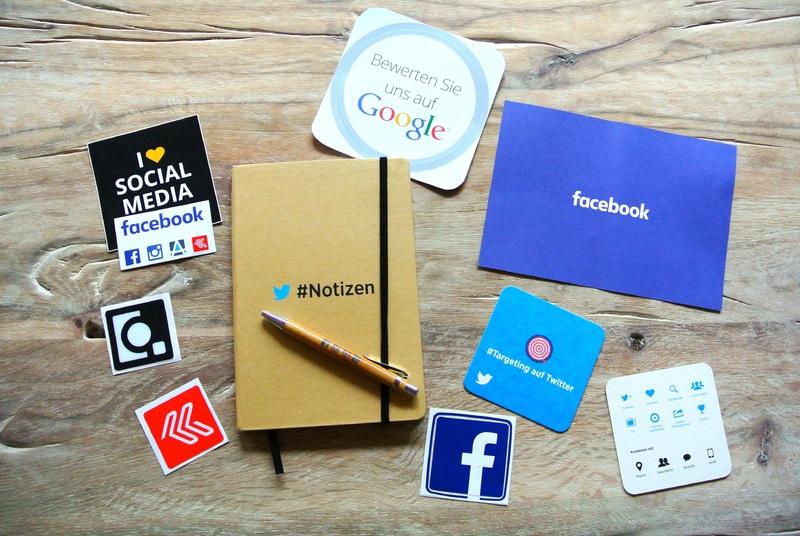Today’s customer is more empowered and informed than ever. As a result, customers’ expectations are at the highest, putting pressure on the brands to better know their customers.
The core reason for introducing the traditional customer relationship management (CRM) system was to help companies know their customers through their interaction with the brand. However, with the entry of social media as an invaluable tool in business and customer interaction, connecting social media with your CRM should be a priority.
What Is a Social CRM?
A CRM is a process through which brands manage their interaction with customers using consumer data to build a customer profile. Therefore a social CRM integrates your brand’s social media campaigns into your existing CRM. If you’re considering integrating social data with your current customer data, there are various CRM tools for social media that can best solve your problems.
If you still need convincing why you need a social CRM, the following powerful reasons for introducing social CRM to your business may help you make up your mind.

Why Your Business Needs a Social CRM
Social Media Analytics
When using CRM, your brand can access comprehensive information about your customers. This includes demographics, interests, goals, buying behavior, and much more. With this kind of information, your sales and marketing teams will better understand their target market, allowing them to concentrate only on authentic leads, which improves the probability of converting into sales.
Without social CRM, the sea of information generated from the various social media platforms where your brand has a presence may eventually be treated as a mess. When used in combination with other tools, social CRM can provide you with invaluable insights into the efficiency of your social media campaigns.
Unified Social Communication
When you have customers interacting with your brand from different platforms such as emails, social media, chats, and phone calls, keeping track of all these channels can be challenging. When a customer comments or asks a question on any of the platforms, a timely response is critical in building trust. However, it can be challenging with so many platforms to manage, which could eventually hurt your brand. With a social CRM, it is possible to stream all the notifications from the various social platforms in one place. This allows your team to immediately read and respond to customer’s interactions, helping your brand build trust.
Damage Control
Poor customer experiences quickly put off today’s empowered customers with their high expectations. Sometimes they may choose to pour out their frustrations via your open social media platforms. Without a unified platform for tracking your social media interactions, one negative sentiment can quickly turn into a bonfire that may significantly hurt your brand reputation. With a reliable CRM in place, you can promptly respond to customer complaints before the situation gets out of hand. Additionally, keeping track of negative comments and criticism can help your brand make improvements and meet the customer’s expectations.
Predict Trends and Increase Marketing ROI
The modern-day customer knows the kind of product they want in the future. With social CRM, you can predict the customer’s future needs based on their web-behavior. That way, it becomes much easier to create goods and services based on what your consumers may expect in the future.
On the other hand, social CRM helps marketers identify new market aspects, which helps plan customized marketing, translating to increased efficiency and the desired ROI.
Final Words
Today’s business scene has been radically transformed with the entry of social media as a marketing tool. The data collected on your social media platforms can go a long way in improving your brand’s performance which calls for incorporating a social CRM into your existing CRM system.










